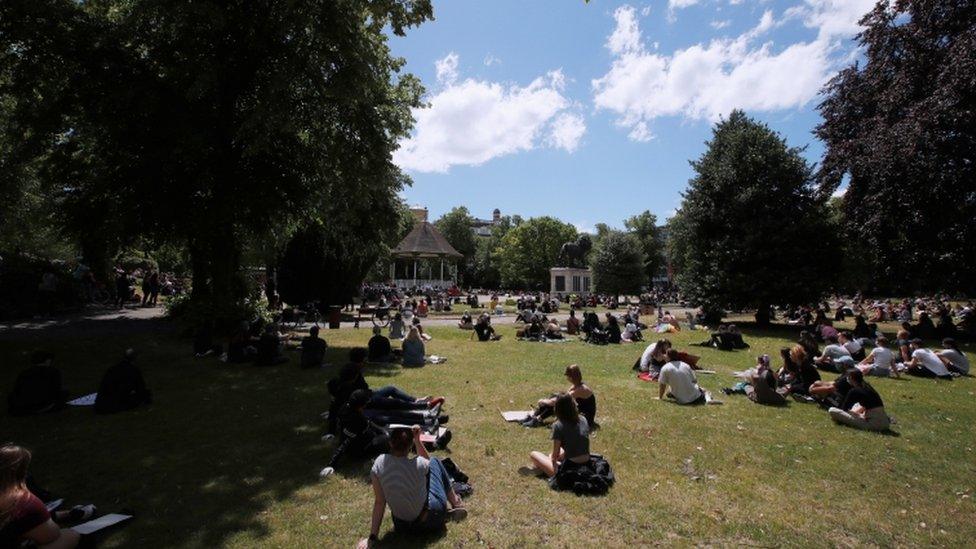Reading stabbings: Killer's interest in Islamic jihad 'fleeting'
- Published
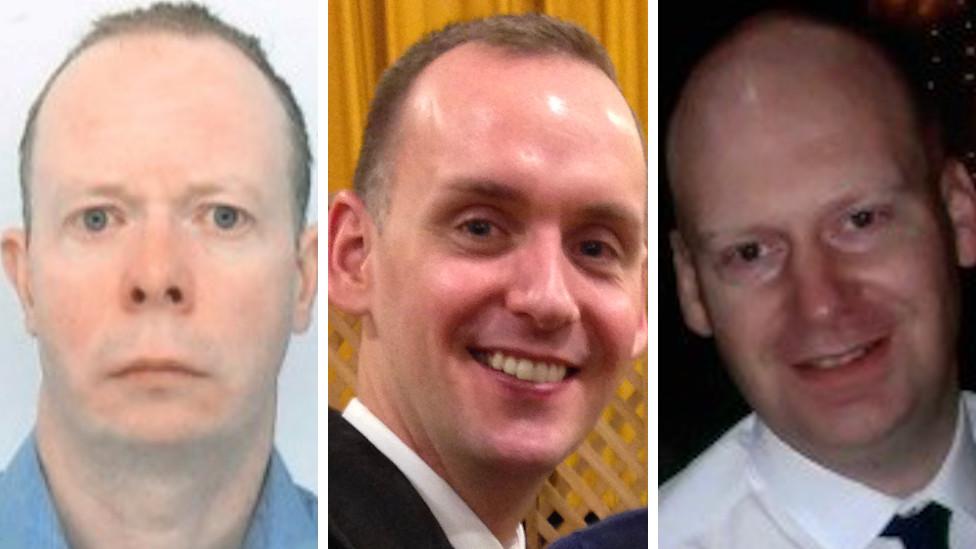
(L-R) David Wails, Joe Ritchie-Bennett and James Furlong were pronounced dead at the scene
A man who stabbed three people to death in a Reading park was suffering from psychosis "right up to the day" of the killings, a court has heard.
Khairi Saadallah, 26, attacked James Furlong, 36, David Wails, 49, and Joseph Ritchie-Bennett, 39, in the Forbury Gardens in June.
A hearing to decide if he was motivated by a religious or ideological cause has been told he was "no radical Islamist".
The hearing at the Old Bailey is part of his sentencing.
CCTV cameras captured Khairi Saadallah before and after the stabbing
Saadallah, of Basingstoke Road, Reading, has pleaded guilty to three murders and three attempted murders.
An examination of his mobile phone revealed extremist material, including an image of the Islamic State flag and the 9/11 Twin Towers attack, the court was told.
The prosecution is seeking a whole-life prison order, meaning he would never be considered for release.
Rossano Scamardella QC, defending, said the sentence should be one of life imprisonment with a starting point of 30 years, due to a lack of serious premeditation, the "fleeting" strength of his commitment to Islamist jihad, and his mental health issues.
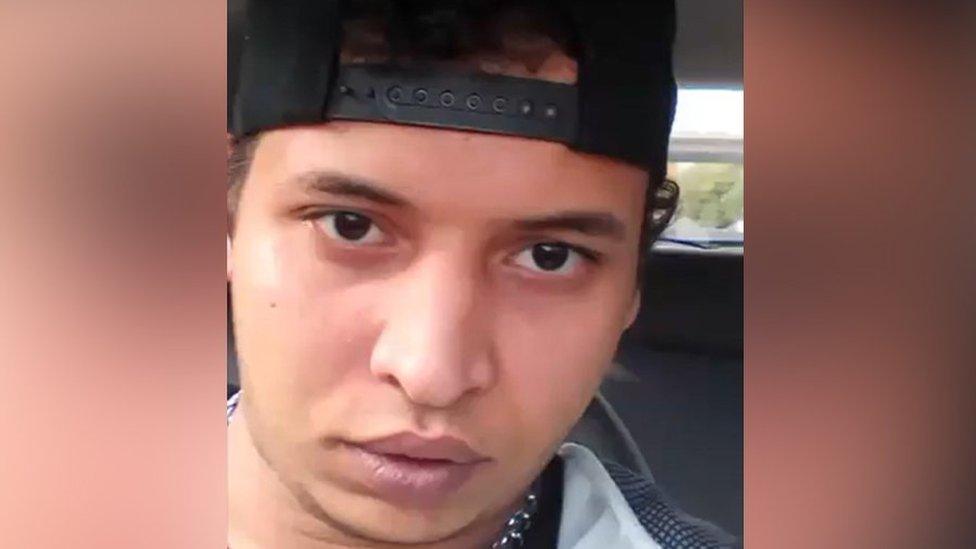
Khairi Saadallah previously admitted three counts of murder and three counts of attempted murder
He said while the attack in Reading was "terrifying" and "senseless", it did not justify the failed Libyan asylum seeker being jailed for more than 30 years.
He added that "as brutal as these killings were", the suggestion they were "ruthlessly efficient" had been "exaggerated".
Saadallah took "certain steps to facilitate the killings", he said, but "significant planning or premeditation simply does not exist".
He told the hearing Saadallah had "come to the attention of the authorities on hundreds of occasions", and had a history of frequent interactions with the police, criminal justice system and mental health services.
He said Saadallah had developed an emotionally unstable and anti-social personality disorder and "right up until the day of killing he was plainly suffering from episodes of psychosis".
Mr Scamardella said there is no suggestion this caused his offending but insisted his "culpability [for the attack] is reduced".
The court heard earlier that a psychiatrist has since concluded the attack on June 20 was "unrelated to the effects of either mental disorder or substance misuse".
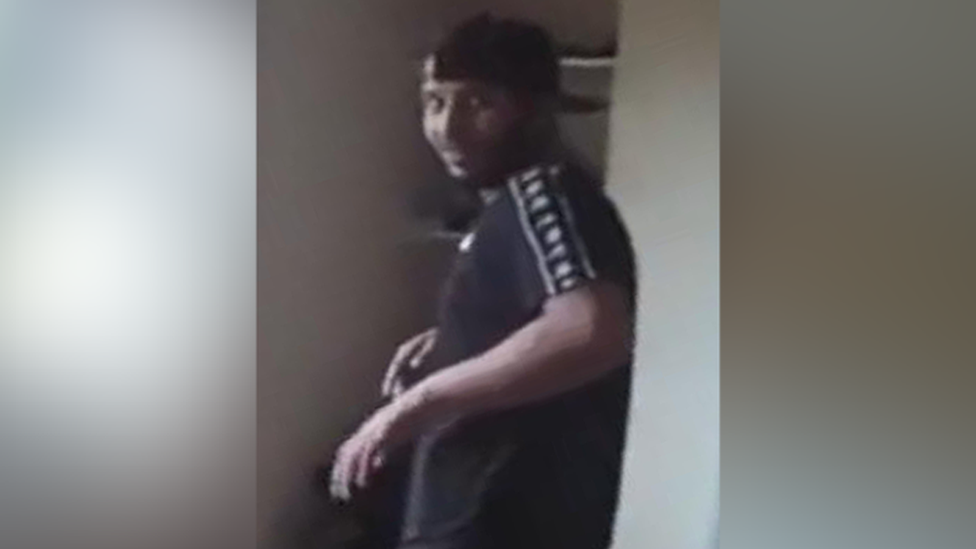
Khairi Saadallah was visited and filmed by police during a welfare check the day before the attack
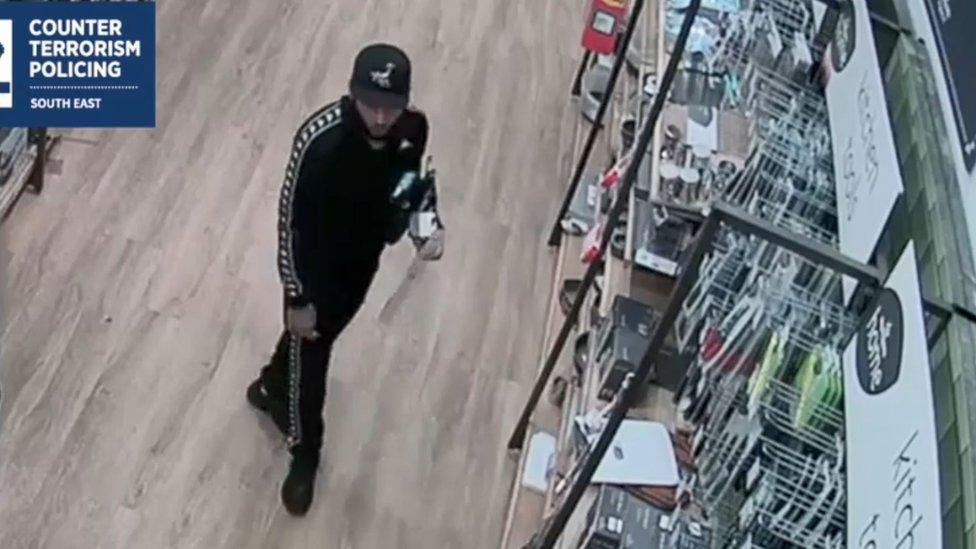
The court was shown CCTV footage of Saadallah in Morrisons buying the knife he used in the attack
Saadallah had described himself in interview as "part Muslim and part Catholic", said Mr Scamardella, adding: "No radical Islamist would countenance adoption of another faith, it's inconceivable."
He said portraying Saadallah as a committed jihadist was a "superficially attractive proposition" based on "pieces of evidence that exist that demonstrate or at least might demonstrate a fleeting interest".
Three others - Stephen Young, Patrick Edwards and Nishit Nisudan - were also injured by Saadallah.
The hearing continues.
Related topics
- Published6 January 2021
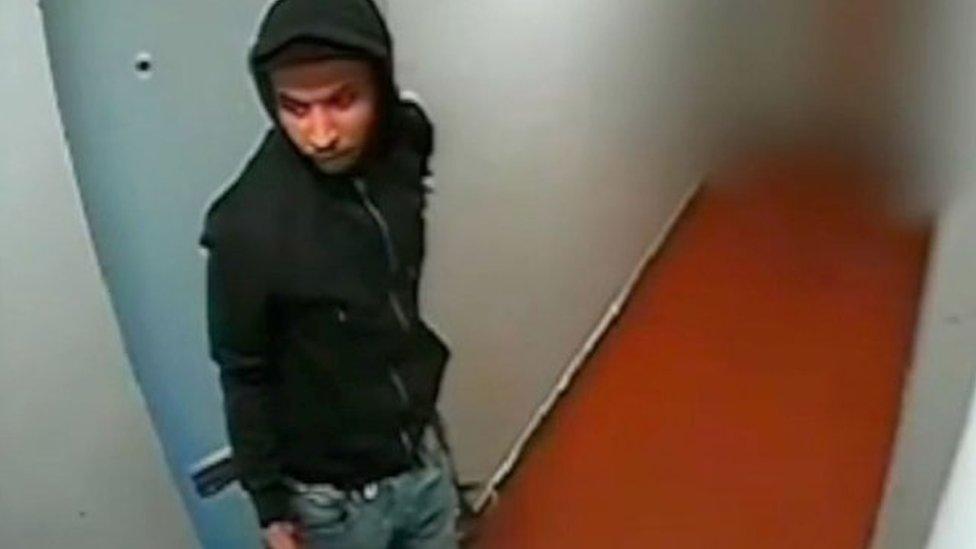
- Published5 January 2021

- Published29 July 2020

- Published22 June 2020
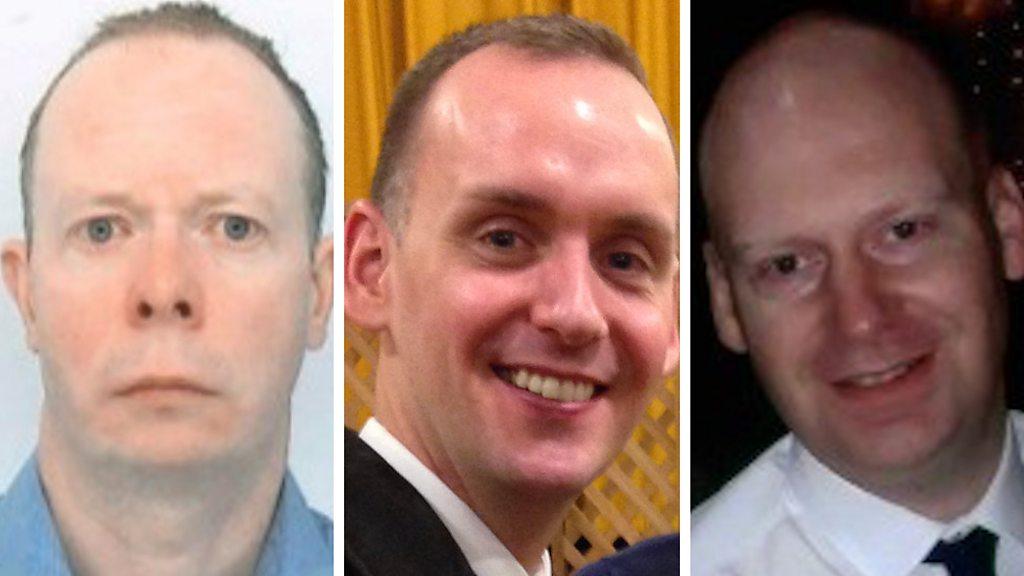
- Published22 June 2020
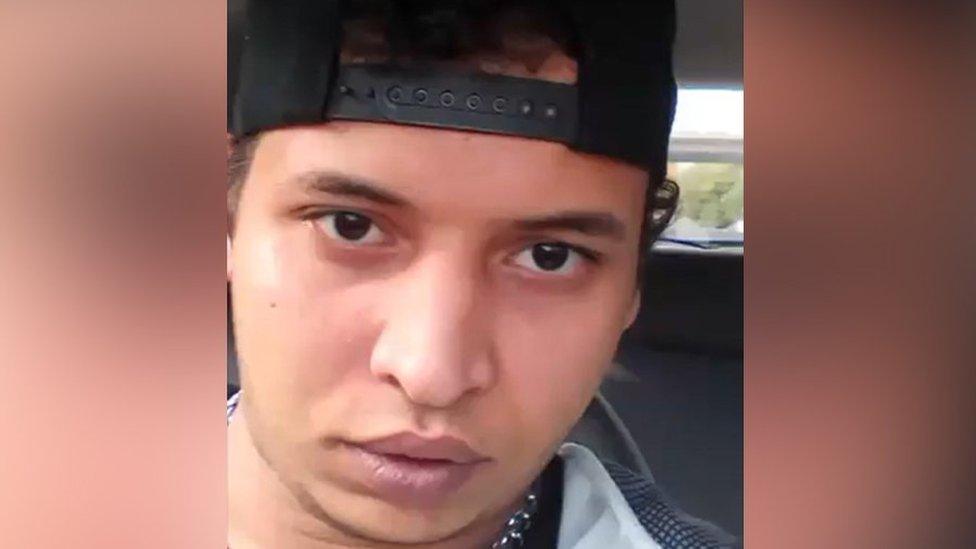
- Published21 June 2020
